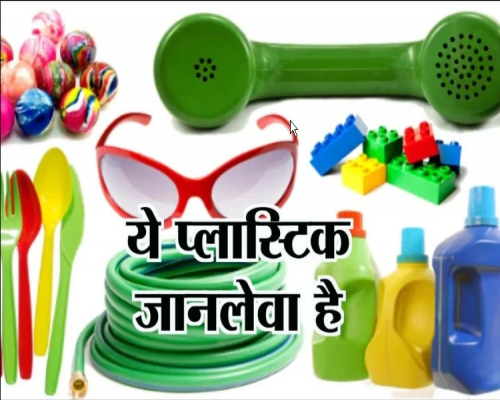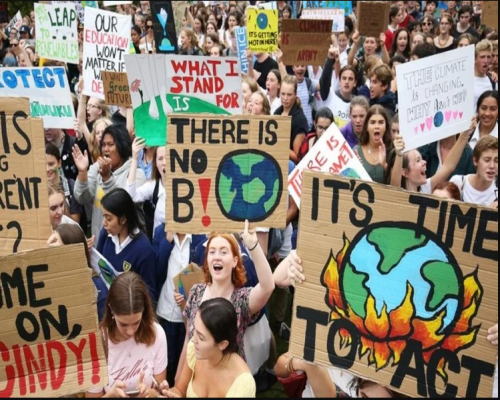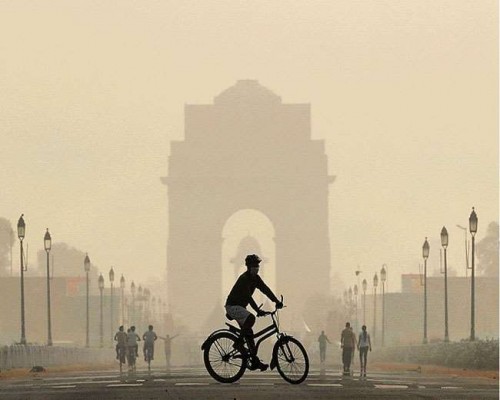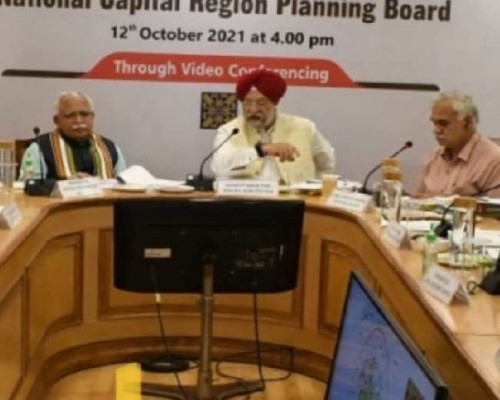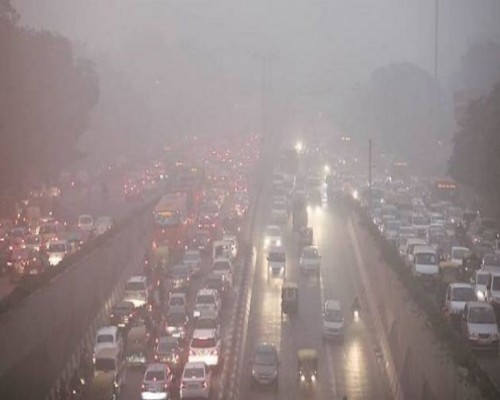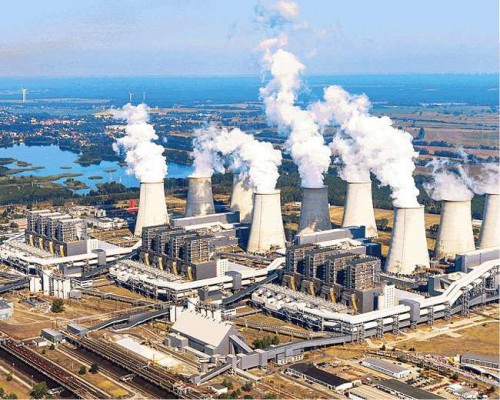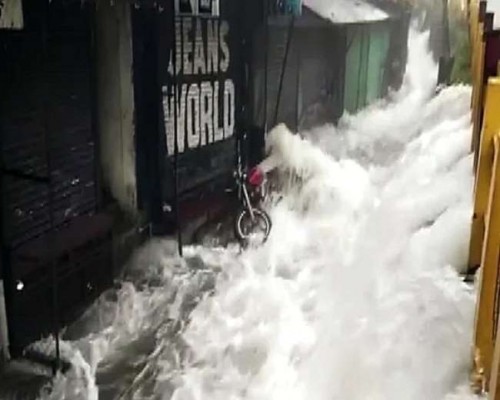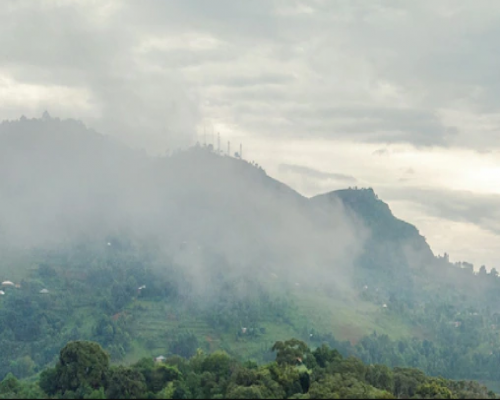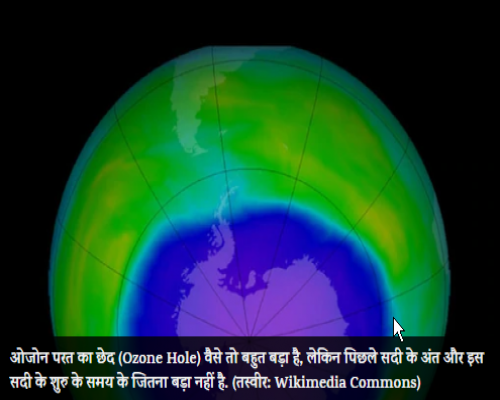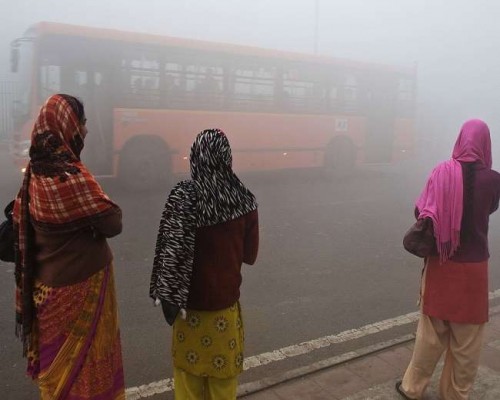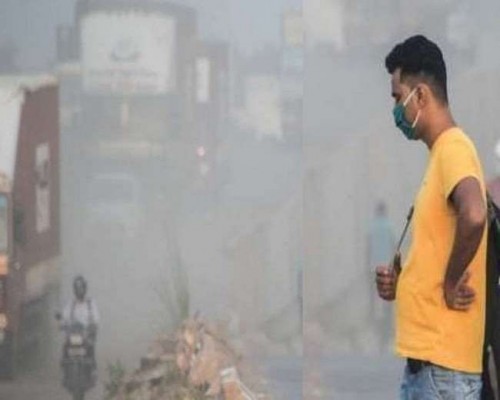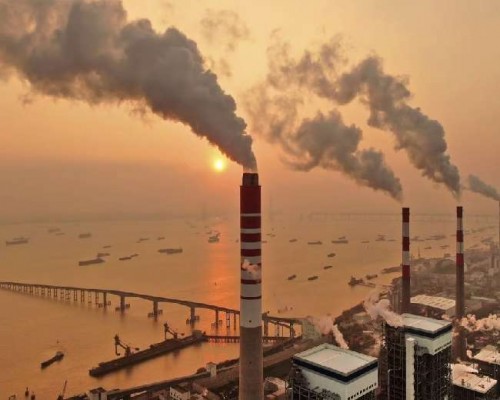21-Point Plan Prepared to Fight Against Pollution
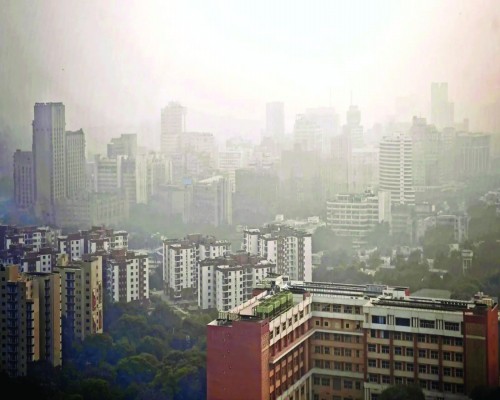
Drone Monitoring of Hotspots:
13 hotspots have been identified, and drones will be used for monitoring. This will help in identifying the sources of pollution and acting.
Special Task Force:
A six-member special task force has been formed, which includes representatives from the Environment Department, Transport Department, State Departments, PWD, Delhi Municipal Corporation, and Delhi Traffic Police.
Dust Pollution Control:
A dust pollution campaign will be launched in October. The anti-dust campaign will aim to reduce dust pollution during the winter season.
Green War Room and Green Delhi App:
The Green War Room will monitor 24x7 activities related to the environment, and the Green Delhi app will be operational from September 30. The eight-member Special Task Force will also be active.
Control of Industrial Pollution:
All 1959 pollution-causing industrial units in the city will be closely monitored. There will be an enforcement plan for 58 industrial clusters to reduce emissions.
Expansion of Green Cover:
The greening campaign will plant trees throughout the National Capital Region (NCR). A target has been set to plant 64 lakh trees, which is an increase from the 2021 target of 23.06 lakh.
Real-Time Source Apportionment Study:
A real-time source apportionment study of pollution in Delhi will be carried out, which will provide insights into the primary sources of pollution.
Development of Waste-to-Park Areas:
An area of 20 acres in Holambi Kalan will be developed into a waste-to-park site using cutting-edge scientific techniques.
Monitoring of Firecracker Usage:
Manufacturing, sale, and use of firecrackers, along with its storage and transportation, will be strictly regulated.
Awards for Compliance:
Industries complying with environmental standards will be given "Green Star" awards.
Ban on Open Burning of Waste:
Burning of garbage in open areas will be strictly prohibited. The government has deployed 588 teams for monitoring.
Road Cleaning and Water Sprinkling:
Water sprinkling activities will be carried out using 523 teams to minimize dust on roads. 85 road-cleaning machines have been deployed.
Road Traffic Control:
The odd-even rule may be implemented if necessary. The Transport Department will make decisions regarding vehicular traffic.
Promotion of E-Vehicles:
E-vehicles will be promoted for public and private transportation. All government departments have been instructed to switch to electric vehicles.
Public Awareness Campaign:
A public awareness campaign titled "Let’s Fight Pollution Together" will be launched. Marches, Red Light On, Gadi Off (turn off the vehicle at red lights), and other campaigns will be conducted.
Coordination with NCR States:
Meetings will be held with officials from NCR states to establish coordination in the fight against pollution. The Air Quality Management Commission (AQMC) will hold regular meetings with officials from Punjab, Haryana, Rajasthan, and Uttar Pradesh.
Coordination with CISR and IITs:
The Delhi Pollution Control Committee (DPCC) and other organizations will work closely with CSIR and IITs for research and scientific studies.
Monitoring at Airports:
Special monitoring will be carried out at airports and large terminals to ensure compliance with pollution control measures.
Incentives for Pollution Control in Residential Areas:
Housing societies that reduce emissions from diesel generators will be provided with 24-hour power supply.
Reduction in Firecracker Usage:
Efforts will be made to reduce the use of firecrackers similar to the restrictions in Delhi.




